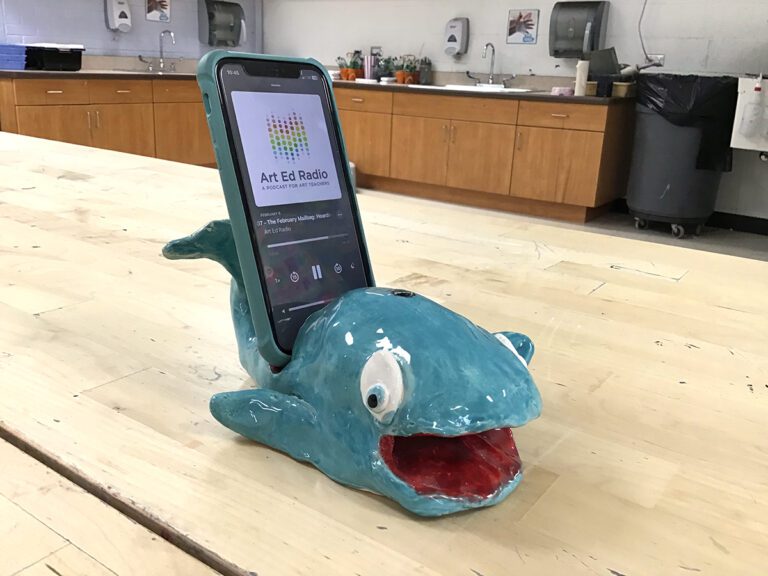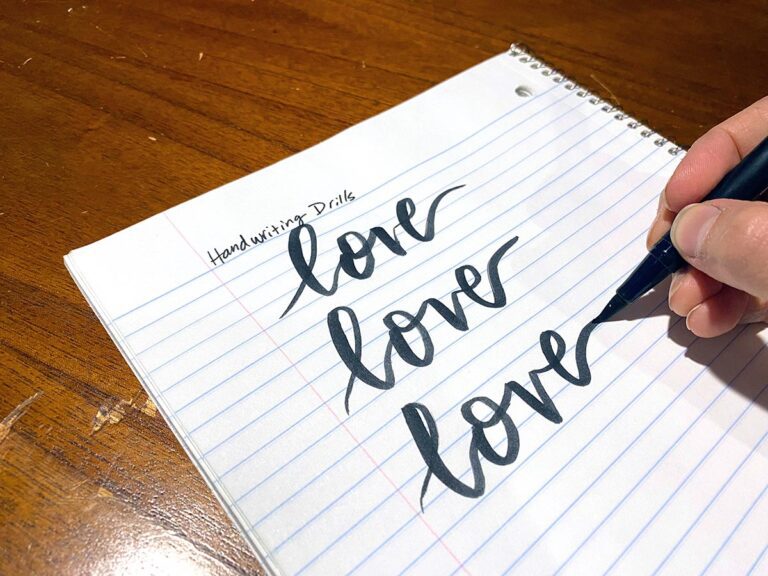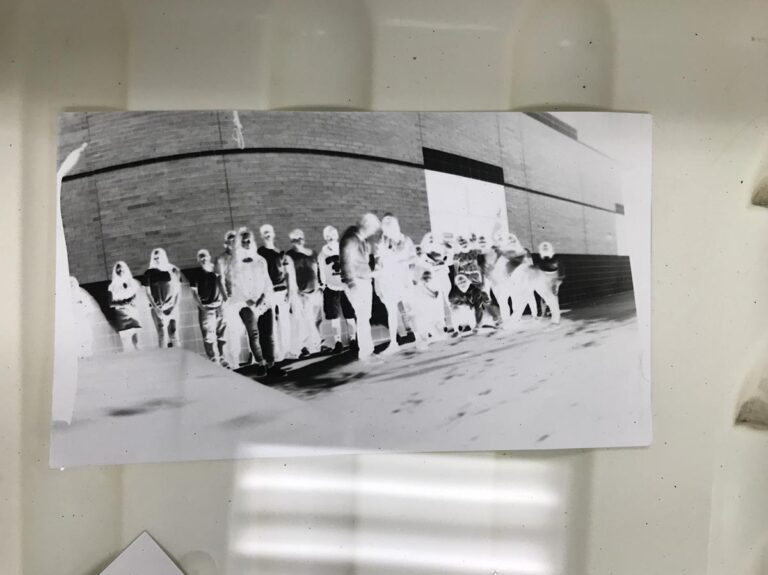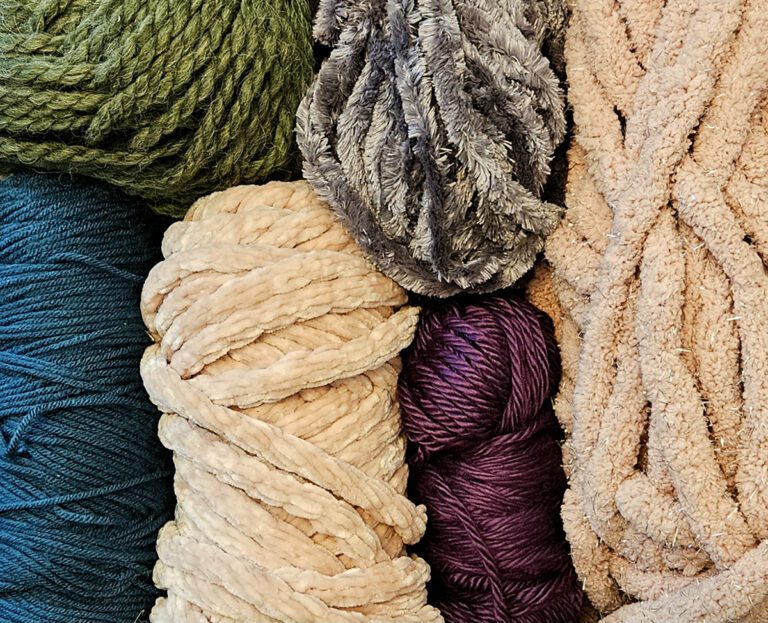Individuality is important. As students grow up, they develop their own personalities and interests. Fashion is one accessible avenue to share how unique an individual can be. Fashion also ties into the world of visual art. Clothing can be functional, beautiful, and conceptual. Like fashion, creating art—especially in the classroom—is all about opening up to change and exploration. Whether your students are designing apparel and accessories or are composing a painting or drawing, they involve the same skills and processes. Students brainstorm and sketch ideas. They go through phases to refine their work as they align the elements and principles to their final piece.
Keep reading to discover why fashion is a fun way to hook your students, plus six ideas to bring fashion into your art room.
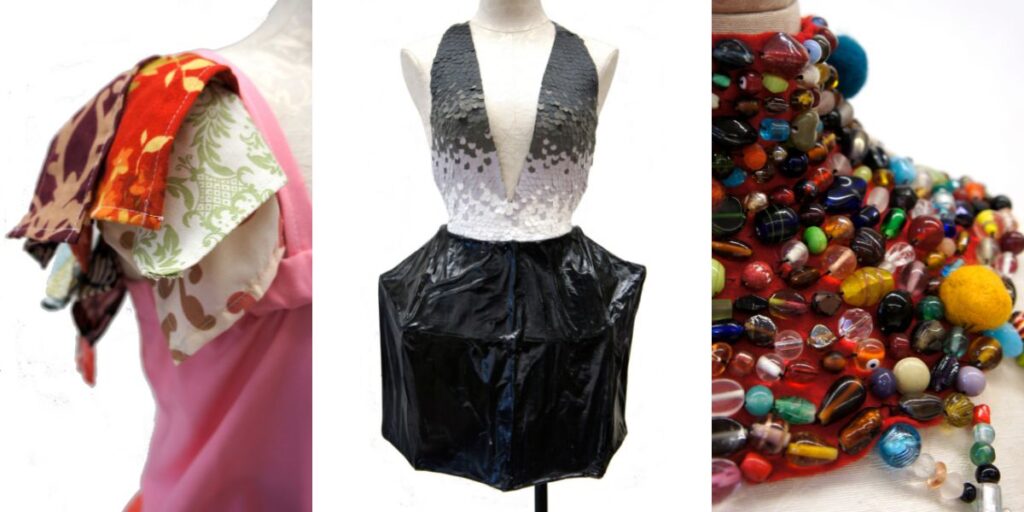
Why is fashion important?
The popular 2000’s romantic comedy The Devil Wears Prada shares how “fashion trends ‘trickle’ down from the runway and high-fashion world to the general public.” While fashion trends still organically trickle down, people today have more options to discover how to dress and curate their looks. For this, we can thank the internet, social media, and the convenience of instant online shopping!
PBS states, “fashion is a language which tells a story about the person who wears it.” While clothing can be a form of self-discovery and self-expression, it can also be simply functional. Clothes can serve as protection from the environment and weather. Garments can reflect our emotions: we “dress up” when we are happy or feeling formal, and “dress down” when we are upset or relaxed. Religious expression is another example of fashion’s function and adaptability. Likewise, observing what people are wearing in a painting can tell us a lot about who they were and what life was like during that time.
Fashion is a tangible way to link students’ daily interests with the world of visual art. Try these six ideas to excite your students about design!
1. Paper Hats
Combine origami with hat design and throw a fashion show as part of the critique. Students love how tactile origami is; the intricate and precise folds will cater to your logical and perfectionistic students. Share other methods of curling and attaching paper for limitless possibilities! Students will think about balance, fit, and proportion, as the hat needs to stay on the model throughout the runway. Check out Line Design Hats in FLEX Curriculum for a full lesson plan that includes standards-aligned objectives, project steps, instructional resources, and more.
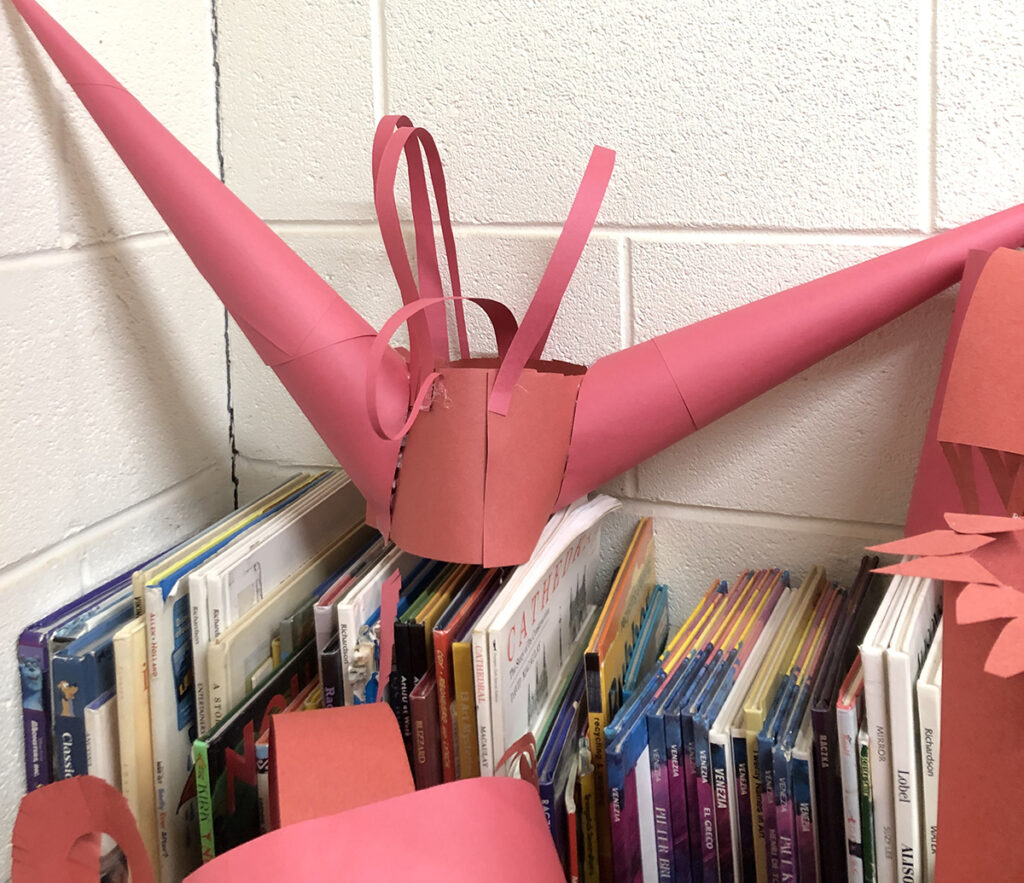
2. Shoe Design
Footwear is a great step into fashion design. (Pun intended!) Gather a list of popular brands or styles of shoes that students would love to wear. Those bold enough to withstand the potential smell can let students take their shoes off to be their still life for the day. Read up on ways to bring sports into the art room and download a complimentary handout to help students design their own shoes. This is an excellent way to practice the elements and principles of art.
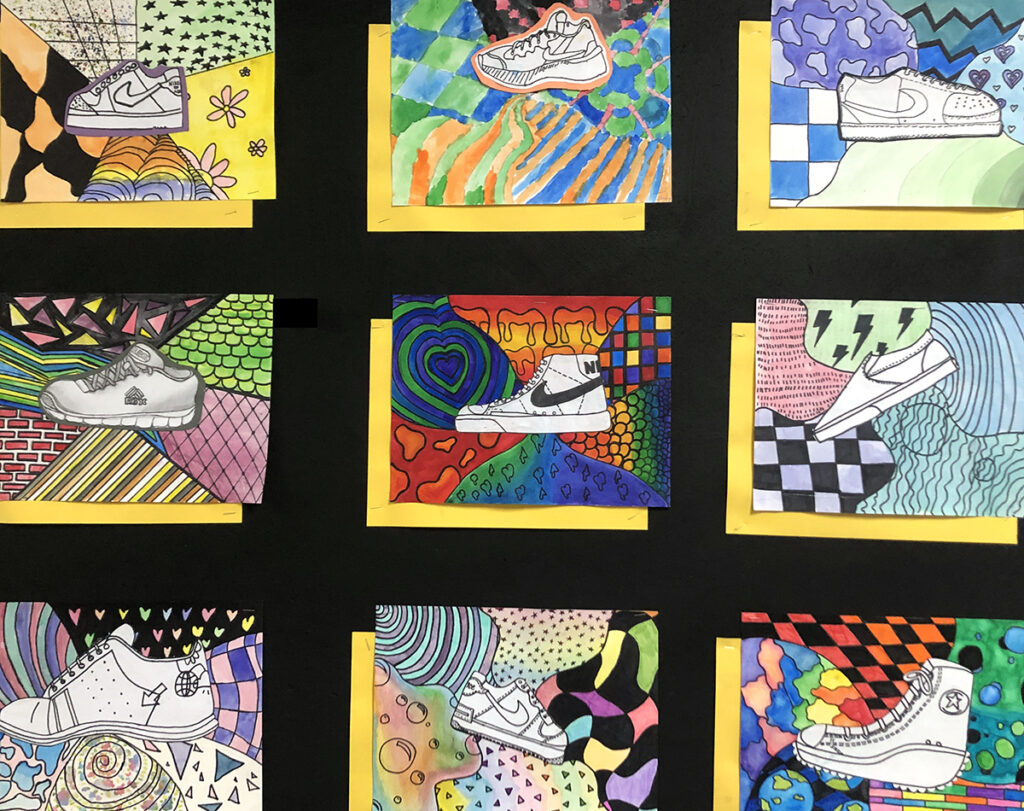
3. Shoe Neighborhood
Take artistic footwear expression to the next level with a Shoe Neighborhood like the Lesson in FLEX Curriculum! Transform shoe drawings into a home using collage elements. Customize this project for more advanced students by turning it into a three-dimensional sculpture. Students can make a slab shoe out of clay or construct their architectural creations out of paper mache.
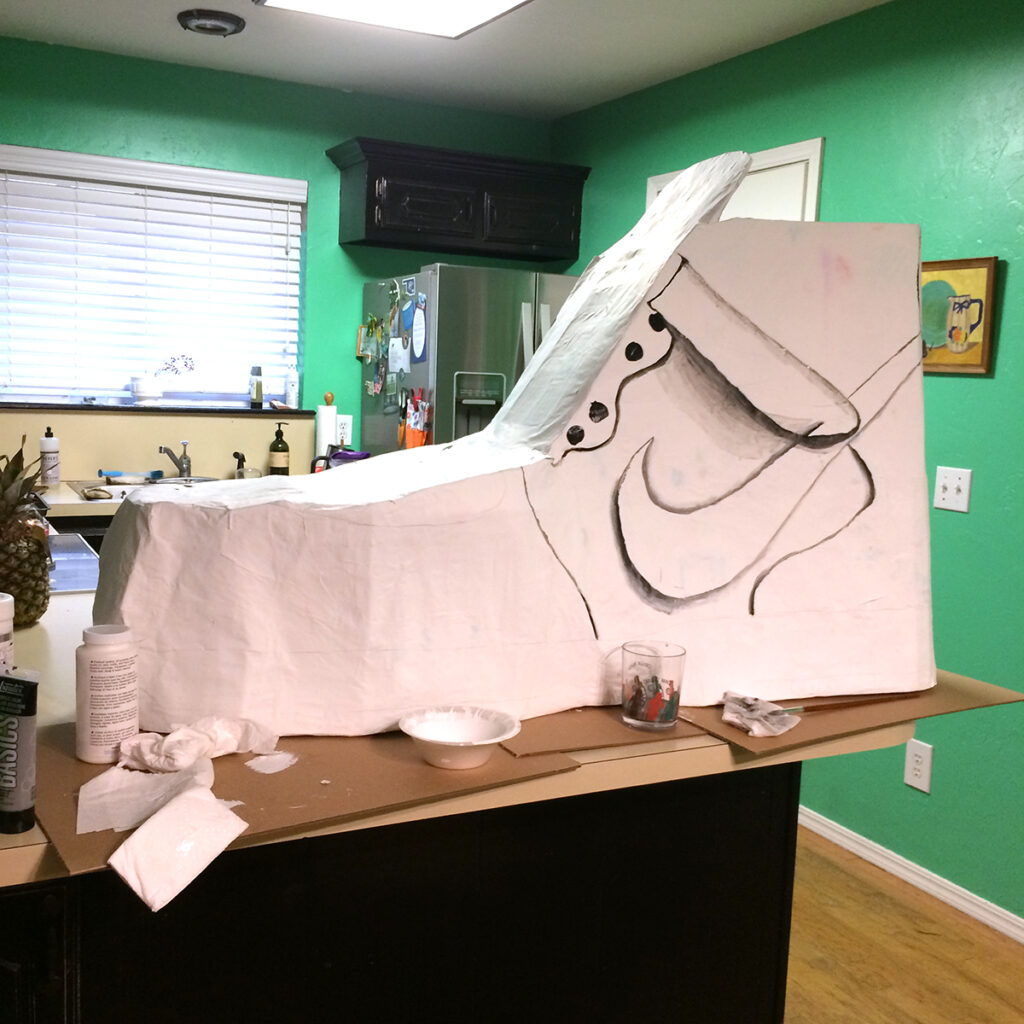
4. Woven Bags
Utilitarian accessories can be both functional and beautiful. Weaving is a great process for students to practice persistence and hand-eye coordination. Weaving bags, purses, or pencil cases lets students practice both form and function. Weave on the front and back of a cardboard loom to create a three-dimensional bag. Add a strap so students can carry or wear their new creation with pride.
5. Museum Fashion Show
Reach out to local museums and art galleries in your community to see if they would partner with your school. One innovative way to form a partnership is to host a fashion show at their location. There are many art-related components your students can jump in and help with. Students could design and construct costumes or garments, repurposing recycled materials in their pieces to save on budget while stretching their creativity. Students can also experiment with hair and makeup styles to fully embrace their overall concepts. Other students can compose flyers and advertise the event.
6. Everyday Objects
There are so many items we see or use on a daily basis that are underrated as art supplies. Objects like twigs, balloons, and toilet paper are all free or relatively cheap and can make phenomenal pieces of wearable art. Here are ideas to challenge your students to create clothing with unconventional materials.
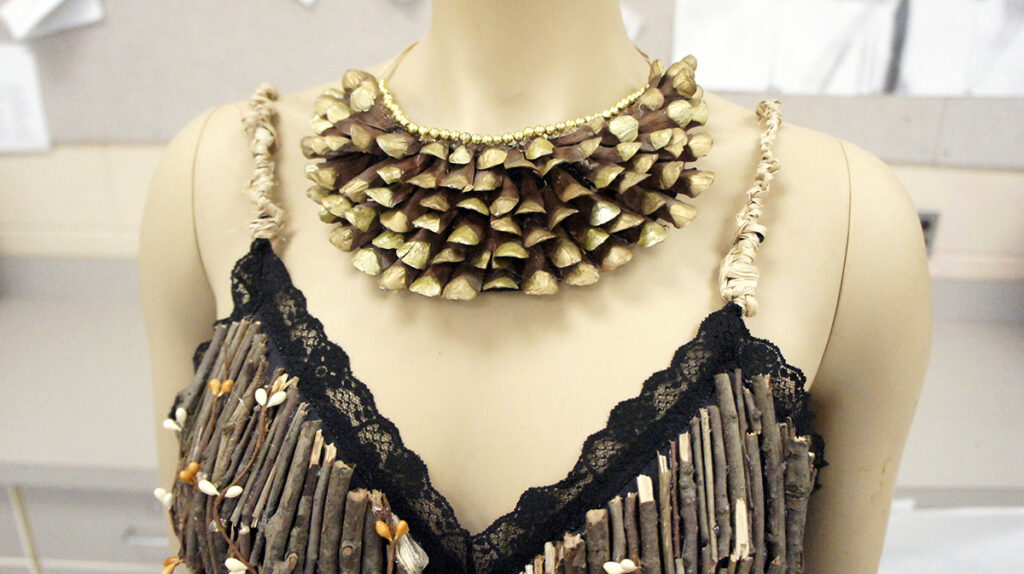
Allow students to express their individuality through activities where they can make their own fashion choices. If you teach at a school with a strict dress code or uniform, these ideas will be a breath of fresh air for your students. Whether you make them a full lesson or a bell-ringer activity, students will enjoy dabbling in a tactile art form they wear and experience every day. Try one or more of the ideas above to engage your students’ artmaking skills in a new and fun way!
How have you incorporated fashion into your curriculum?
Who is your favorite artist and/or fashion designer to share with your students?
What is the most unusual material your students have made a garment out of?
Magazine articles and podcasts are opinions of professional education contributors and do not necessarily represent the position of the Art of Education University (AOEU) or its academic offerings. Contributors use terms in the way they are most often talked about in the scope of their educational experiences.


